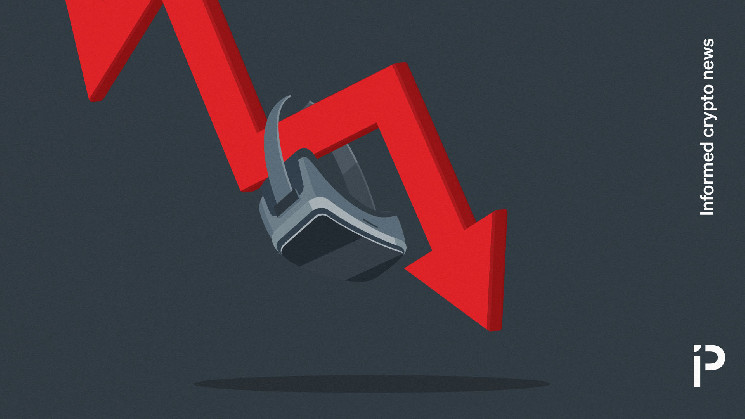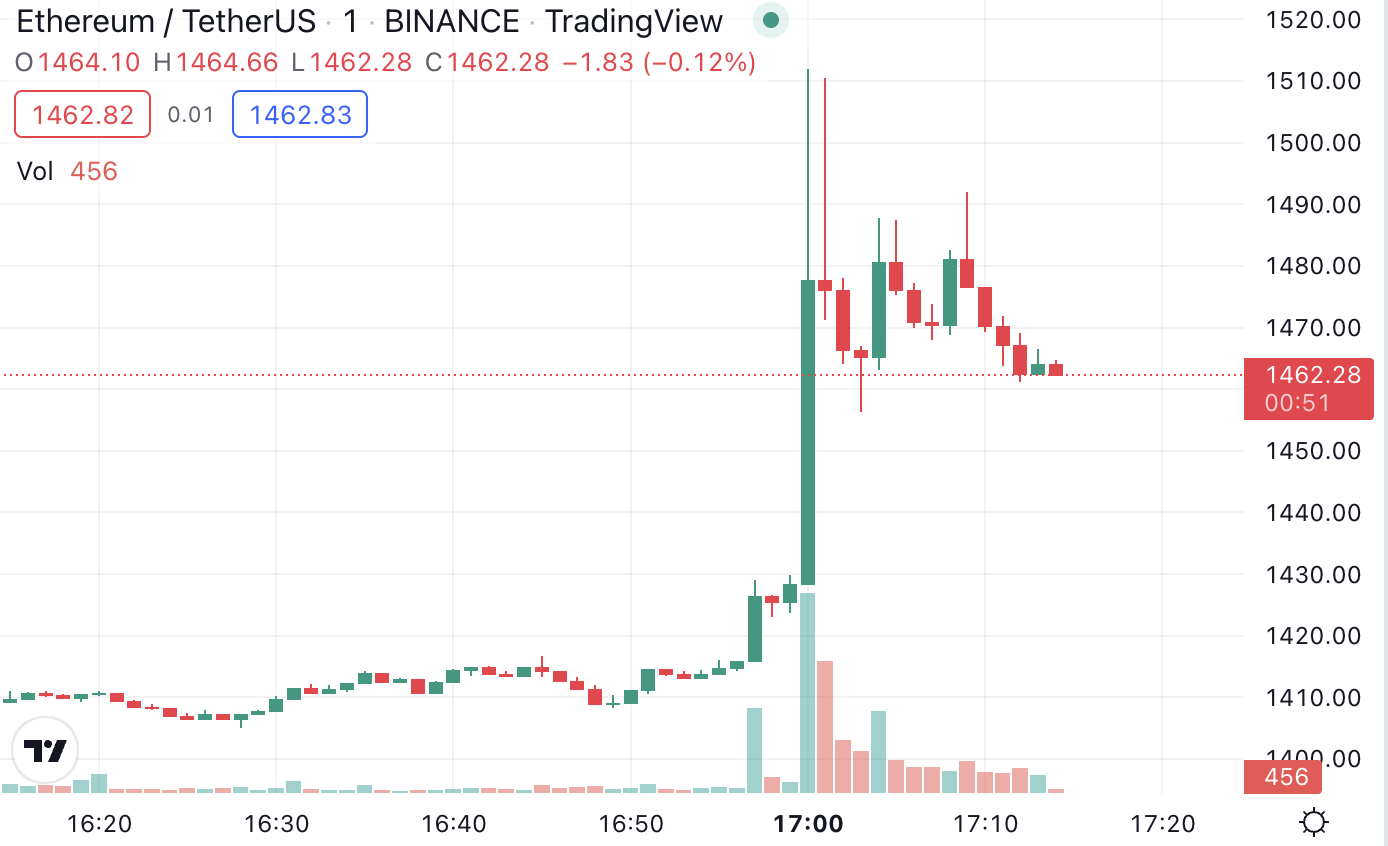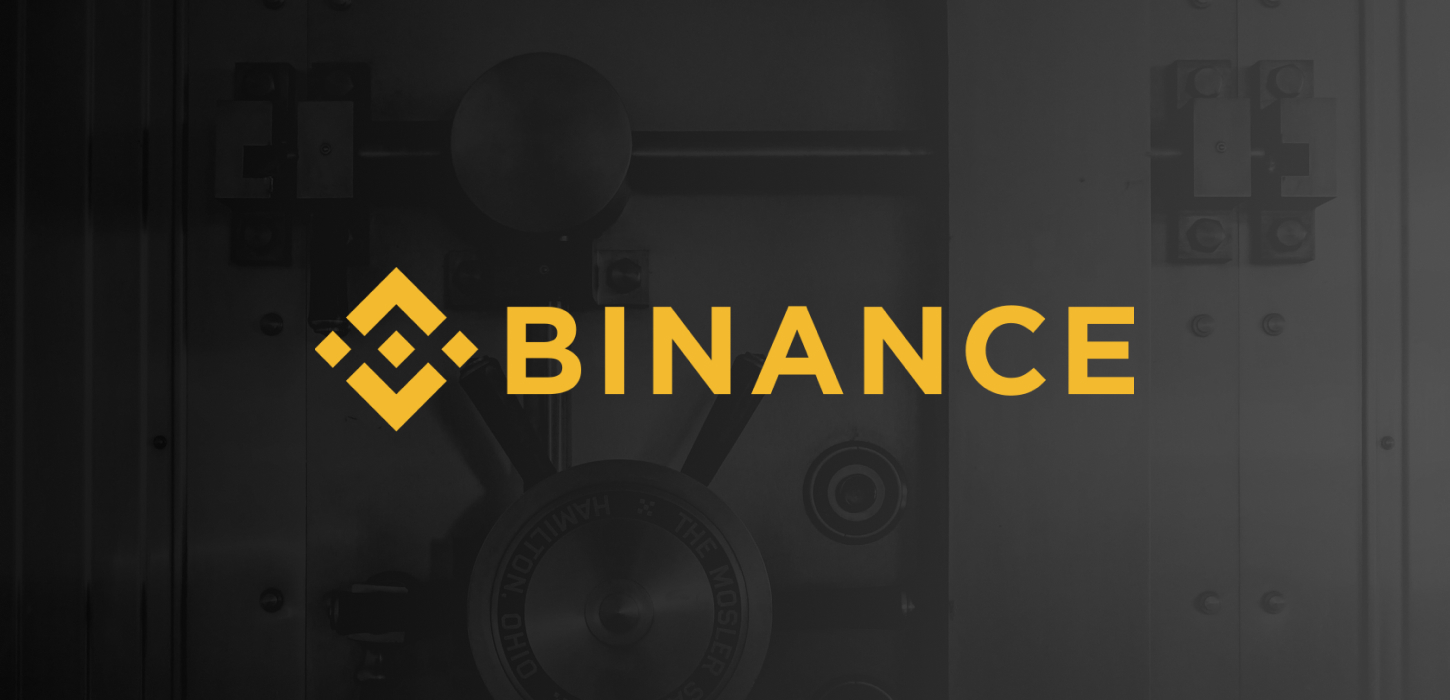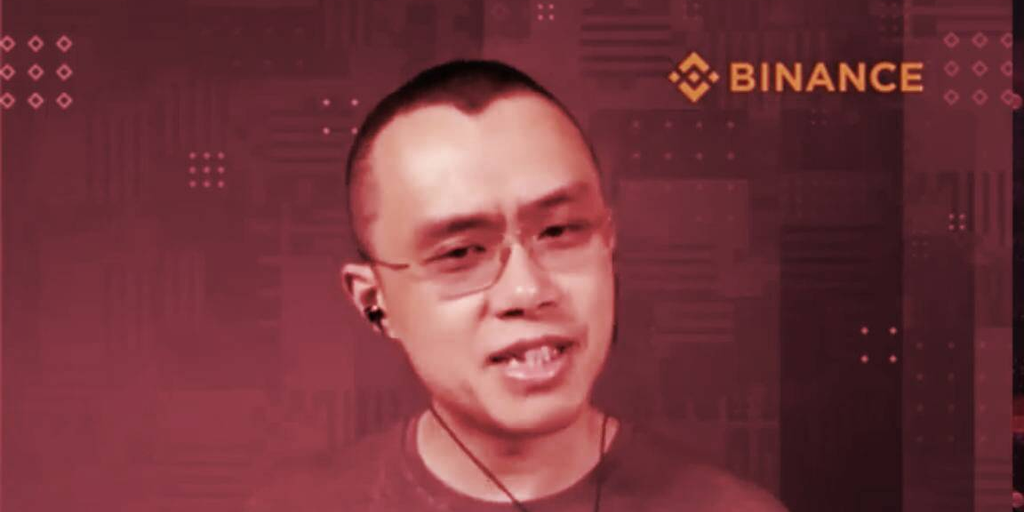Mastercard has launched a new artificial intelligence (AI)-power tool which is aimed at helping banks fight payment fraud and scams in real-time prior to any monetary exploits.
According to an announcement from the financial services provider on July 5, the ‘Consumer Fraud Risk’ solution’s AI is trained using years of transaction data received in partnership with banks in the United Kingdom.
Through analyzing the data the system is able to predict whether or not a user is attempting a transfer of funds to an account previously associated with “authorized push payment scams.”
Ajay Bhalla, the president of cyber and intelligence at Mastercard, said in the announcement that in the past these types of scams have been “incredibly challenging” for banks to detect.
“Their customers pass all the required checks and send the money themselves; criminals haven’t needed to break any security measures.”
He said the goal is to use AI to allow banks to catch such scenarios in real time. According to the official announcement, Mastercard said it has been using AI for “ the better part of the last decade” and said today that this is a “foundational technology.”
So far, Mastercard reports that nine of the biggest banks in the United Kingdom have signed up with the solution including Lloyds Bank, Halifax, Bank of Scotland, NatWest, Monzo and TSB.
Cointelegraph has reached out to Mastercard for further comment on its Consumer Fraud Risk solution and its overall AI usage.
Related: European Commission aims for universal acceptance with digital euro proposal
While the program thus far has been applied with U.K.-based banks, Mastercard says it is in discussions regarding expansion with various clients around the world including in the United States, India and Australia.
Mastercard has had a track record of implementing emerging technologies and Web3 tools into its business model.
In April, the company announced a Web3 user verification solution with the intent to enhance standards of user verification and “reduce the opportunities for bad actors” in the digital asset space.
Also in April, Mastercard launched an accelerator program for musicians that required participants to obtain a nonfungible token (NFT) in order to take part.
Magazine: Super Mario: Crypto Thief, Sega blockchain game, AI games rights fight — Web3 Gamer
Sourced from cointelegraph.com.
Written by Savannah Fortis on 2023-07-09 23:35:00.









